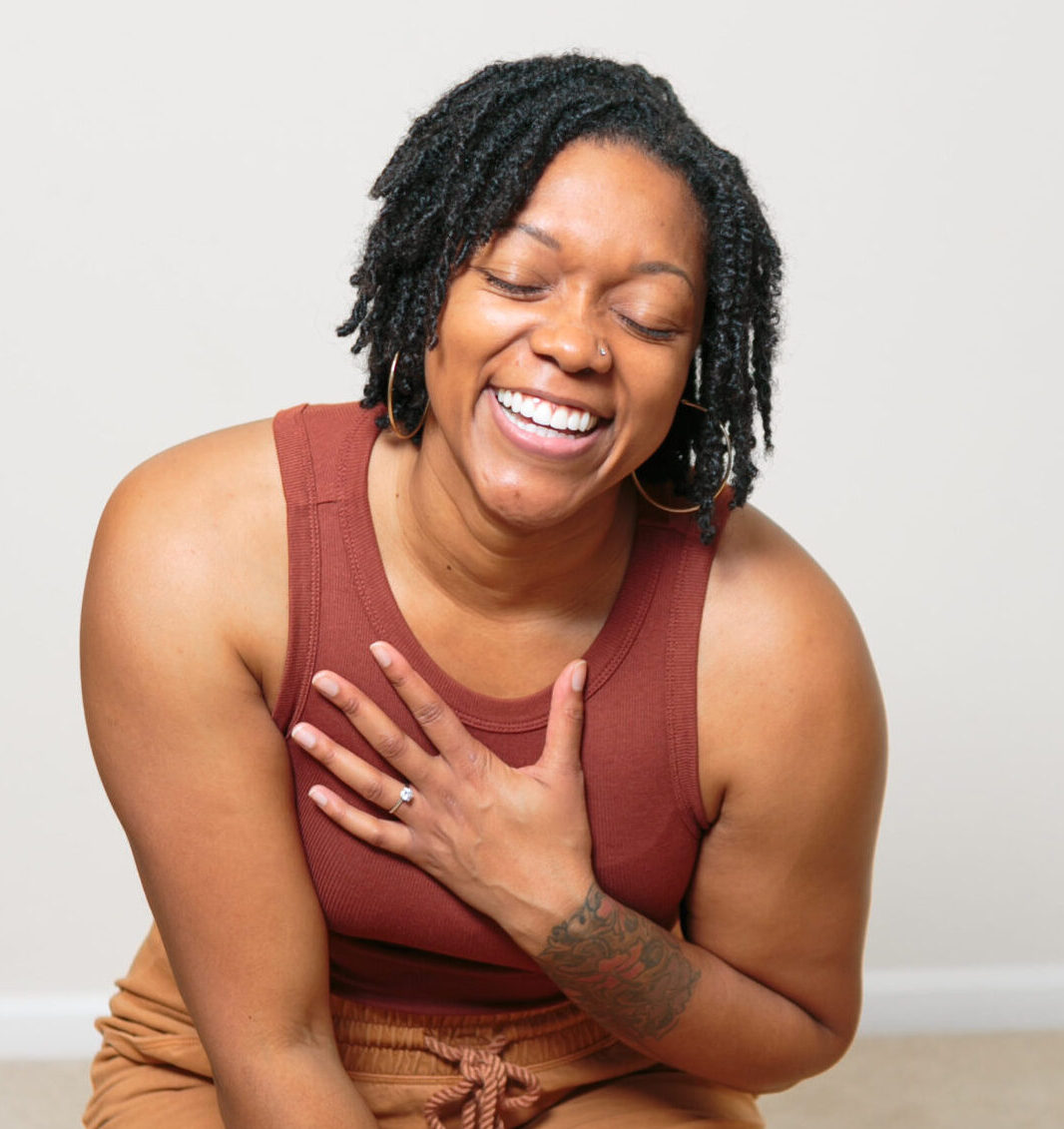Joy
n. a feeling of extreme gladness, delight, or exultation of the spirit arising from a sense of well-being or satisfaction.
The American Psychological Association (APA) also highlights two distinct forms of joy: passive joy and active joy
Passive joy – involves tranquility and a feeling of contentment with things as they are
Active joy – involves a desire to share one’s feelings with others, it’s associated with more engagement of the environment compared to passive joy
How is joy different from happiness?
Although active joy may elicit more intense feelings, both forms promote an increase in energy and feelings of confidence and self-esteem. Joy can be experienced alongside other positive emotions such as gladness, elation, happiness and even amusement but it’s not dependent on these other emotions.
Joy exists on its own.
I like to think it plays in the background of the full picture of your life by how you live, think, move and engage with others.
“Happiness depends on happenings, but joy is everlasting.”
– Kirk Franklin
How is it expressed?
Have you ever met someone who has an aura of calmness? This person has a sunny disposition that isn’t forced and a way of communicating their opinions and struggles that is honest and raw but hopeful, grounded and optimistic?
They may express passive and active joy by:
- Sharing deep belly laughs and genuine smiles
- Having an open and relaxed body language and energetic movements
- Being deeply connected with their community and fostering social connections
- Feeling truly satisfied and at peace with their surroundings
Comparatively, think of someone else you know who seems to always have a chip on their shoulder. This might be someone who you’ve only seen showing positive emotions in very specific situations.
These descriptions are generalized and we’re sensitive to the experiences of each individual. However, we see a difference in the first person’s mental, physical and emotion state through the lens of joy.
What does science say?
“When stress and anxiety were at their highest during the COVID-19 pandemic, we worked with a cross-disciplinary team of experts to figure out ways to prevent burnout among healthcare workers. And time and again, it was about finding those brief moments to foster joy, positivity and self-reflection throughout the day.”
– Matthew Ryan, Operations Lead at HumanFirst and previous co-developer of a well-being strategy for Duke’s Health team of members
How is it measured?
In order to accurately measure the benefits, researchers are developing new questionnaires and other tools that get to the heart of patients’ experiences. The questionnaires aim to get more data on a patient’s:
- Measure of an experience such as a profound unity with all that exists
- Felt sense of sacredness
- Sense of the experience of truth and reality at a fundamental level
- Deeply felt positive mood
- Feeling of transcendence of time and space
This increased insight into human biology proves that even the most abstract aspects of health can be understood and as a result, used to advance health.
For that reason, joy should be a key aspect of health and wellbeing to better meet the full spectrum of our health.
How can we create more joy in our lives?
Start by cultivating positive daily habits. Therefore having a mindset of gratitude and being intentional with the time you spend doing things you love with people you love.
- Practice gratitude – Start and end your daily by reflecting on things you’re grateful for. Write a list and add to it daily.
- Do things you love – When you’re fully engaged in activities you love, joy comes naturally. Dedicate a little time each day to something you love to help you feel grounded and joyful amidst your busy to-dos.
- Celebrate small wins – No matter how small, recognize your progress and successes. Feeling a sense of accomplishment is a natural mood booster.
- Be of service – Practice random acts of kindness and intentional service to those in need. These simple acts contribute to your own sense of fulfillment and help you keep life in perspective.
- Reflect on joyful moments – Think back on the best moments from your favorite vacation, or the most delicious food you ever ate, or the way you feel when you’re around your favorite person. Getting lost in positive thoughts can bring you joy.
- Limit social media – Mindlessly scrolling the socials is a trigger for comparison (and you know what they say about comparison…). When you get the urge to scroll, do something you love instead.
How are you cultivating joy?

